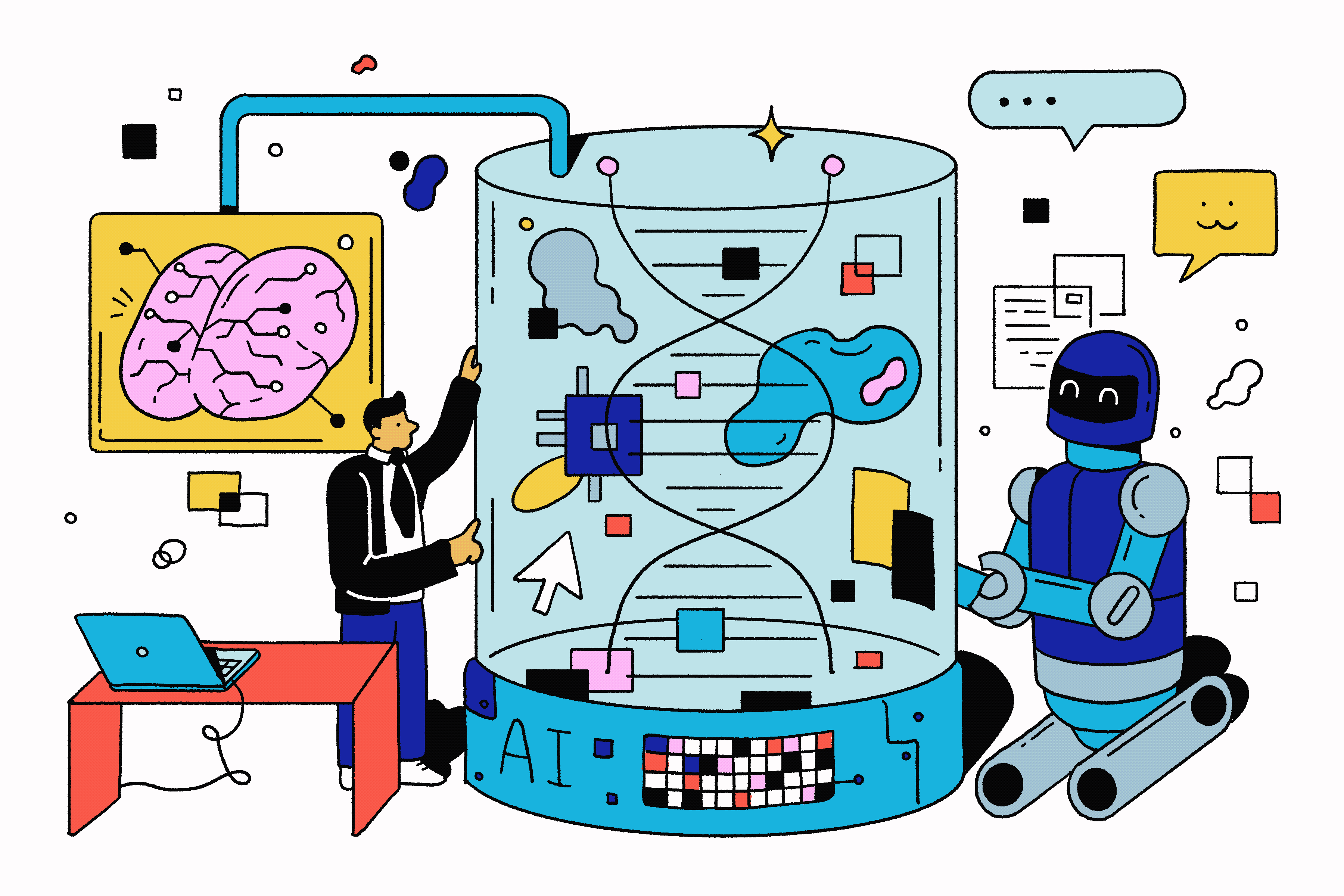Figuring out how to navigate a world increasingly dominated by artificial intelligence isn’t just a job for technology leaders.
State education chiefs—and the agencies they lead—must figure out how to make the most of AI’s potential to improve teaching and learning while steering around problems like the tech’s propensity to perpetuate society’s biases and amplify misinformation.
State education leaders’ work is complicated by potential political landmines, from some teachers’ fears that AI tools could replace them to parents’ concerns that robots are making decisions about their child’s education.
Three state chiefs—Michele Blatt of West Virginia, Jhone Ebert of Nevada, and Chris Reykdal of Washington—offered their best advice on working through some of those issues at a March 21 panel held at the Council of Chief State School Officers’ annual legislative conference in Washington.
Here are three key takeaways from that conversation:
1. States can play a role in helping teachers understand what AI can do—and what it can’t
AI-powered tools may help educators whip up a lesson plan on iambic pentameter or create a quiz on the solar system—but they are no substitute for a teacher.
“If we learned anything during the pandemic, we learned that it’s important for a live teacher to deal with students and for those relationships to occur,” Blatt said. States must “emphasize the fact that this is not about replacing our teachers. It’s about giving them more tools to better meet the needs of their students.”
And teacher preparation programs need to expose pre-service educators to AI before they enter the classroom, she added.
“AI and all this technology [is] coming at us,” Blatt said. “We’re not changing what we teach those teacher candidates. And then state agencies and county school systems on the back end are trying to get them prepared” to work in an increasingly digital environment that’s likely to become even more tech-driven in the age of AI.
2. Generative AI can help state education departments make decisions
State education agencies notoriously lack capacity—but AI might help change that.
Blatt has already used an AI-powered tool to help craft a charter school funding policy for her state. “And I sent it over to legal, and they were like, ‘how’d you do that’” so efficiently? she joked.
Ebert of Nevada talked up her state’s new method of funding schools, which is informed by a digital tool from Infinite Campus, a technology company that sells student information systems and other data repository tools to hundreds of school districts nationwide and a handful of states.
The Silver State is now able to target money more precisely to struggling students by considering factors beyond the number of students eligible for free or reduced-priced lunch, a common metric for deciding who is at academic risk, she said.
Because it is powered in part by AI, the new system can consider a much wider array of factors alongside family income, including whether students move frequently throughout the school year and their behavior and grades.
“Just because you’re a free and reduced lunch student does not mean you are not on track to graduate with your peers,” Ebert said. “We have students from families that are well off that are not on track to graduate with their peers for many different reasons.”
3. States need to make the case for why AI literacy is important to parents
Washington state is currently going through the process of revamping its learning standards. A key goal will be ensuring students at all grade levels understand AI’s power and potential pitfalls, Reykdal said.
Many schools “got run over by social media,” he said. “We just literally never knew social media was going to live outside the classroom. [We thought] ‘it’s a private, family thing. Parents will make sure those phones are off at eight o’clock.’ … We had no idea that that these algorithms would be so powerful” that students would have difficulty disengaging from screens.
Now, in building AI literacy into its content standards, the state is “attacking misinformation and disinformation as a really intentional practice,” starting in early elementary school, he said. “Building critical thinkers is the bottom line.”
Recalling the fights over standardized testing and the Common Core State Standards, Reykdal warned that “the backlash on AI is coming.”
People will be yelling that Washington’s state chief “wants 5-year-olds learning AI,” he said.
He’s trying to get ahead of that political turmoil by emphasizing from the get-go that no student will be taught by a robot and no decisions will be made solely through a computer algorithm.
There will always be a “human on the front end [and a human] at the back end,” he said.







